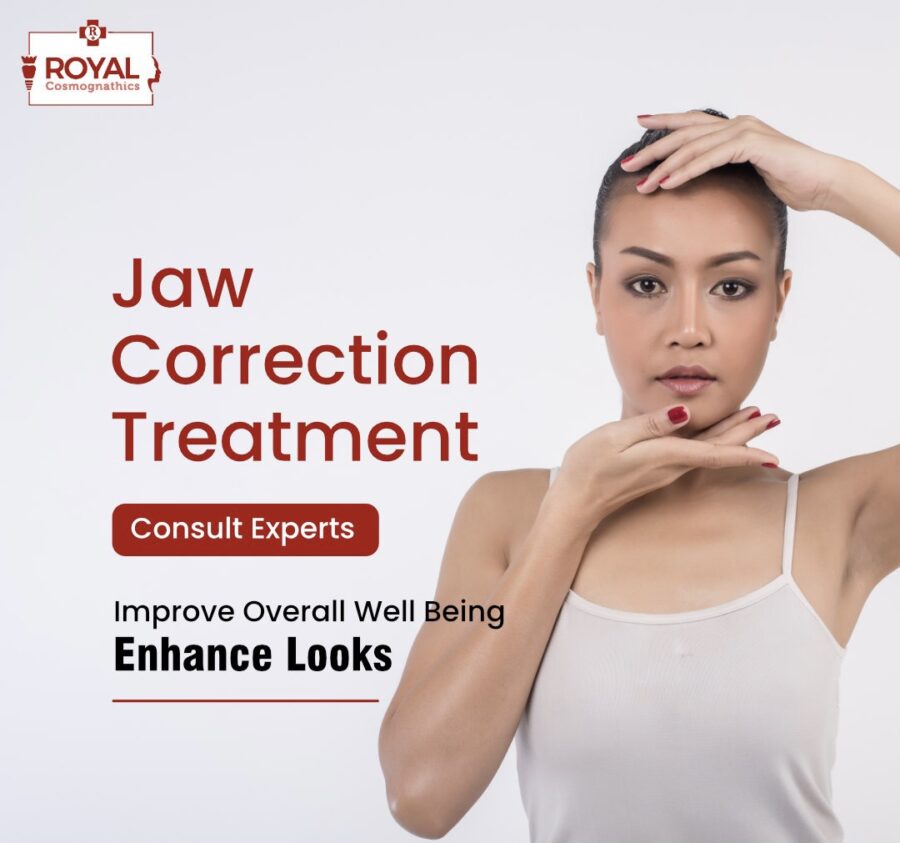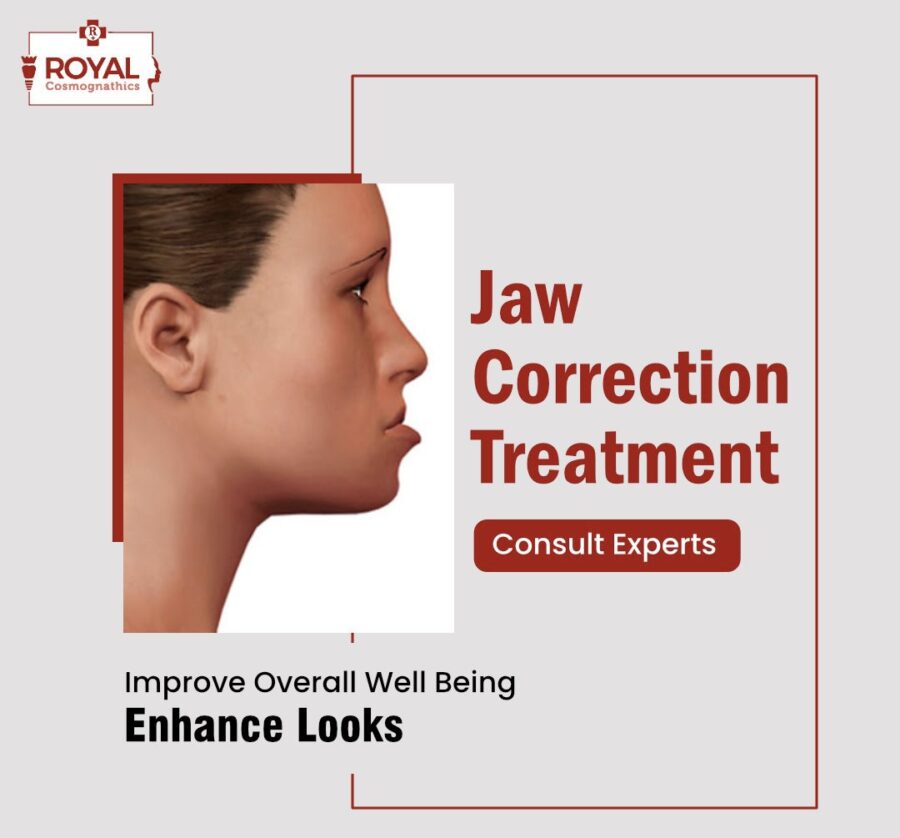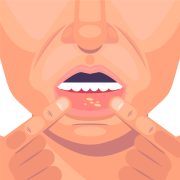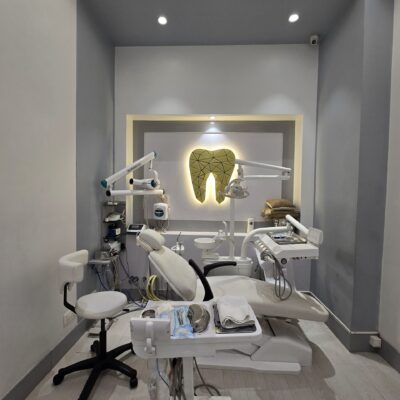For many people, deciding to undergo jaw surgery is not just a medical choice—it’s an emotional one. Living with jaw misalignment can affect your confidence, smile, ability to chew properly, and even the way you speak. When surgery is suggested, patients often feel hopeful about the chance to finally live without discomfort or self-consciousness.
Jaw surgery can truly change lives, offering improved function and appearance. But like any major surgery, it’s important to be aware of the long-term side effects that may come along with the benefits. Understanding these effects helps patients make informed decisions and set realistic expectations for recovery and beyond.

What Is Corrective Jaw Surgery?
Corrective jaw surgery, also called orthognathic surgery, is a medical procedure used to fix problems with the jaw bones and teeth alignment. It is performed by an oral and maxillofacial surgeon when orthodontics (like braces) alone cannot solve the issue. This surgery is often recommended for people who have:
- Difficulty chewing, biting, or swallowing
- Jaw pain or temporomandibular joint (TMJ) problems
- Speech difficulties caused by jaw position
- A protruding, receding, or misaligned jaw
- Sleep apnea due to airway obstruction
- Facial imbalance or aesthetic concerns
During corrective jaw surgery, the orthognathic surgeon carefully moves the upper jaw (maxilla), lower jaw (mandible), or both into a better position. Sometimes, small plates, screws, or wires are used to hold the jaw in place while it heals.
What are the jaw surgery long-term side effects?
While most patients recover well and enjoy lasting benefits, it is important to understand that jaw surgery, like any major operation, can have long-term side effects. Being aware of these possible outcomes helps patients prepare better for life after surgery.
1. Numbness or Tingling
One of the most common side effects is numbness in the lips, chin, or cheeks. This occurs because nerves in the jaw area can be affected during surgery. For many people, the numbness gradually improves within months, but in some cases, it may last for years or even become permanent. Although it is usually not painful, it can affect everyday activities like eating, speaking, or feeling temperature changes in the mouth.
2. Bite and Teeth Shifts
Even after braces and surgery, your teeth and bite may slowly shift over time. This can happen as your jaw heals and adapts to its new position. Some patients may need retainers or minor orthodontic adjustments to maintain proper alignment. In rare cases, if the shift is significant, a second corrective procedure might be required to restore the proper bite.


3. Jaw Joint (TMJ) Problems
Jaw surgery can sometimes cause or worsen temporomandibular joint (TMJ) issues, leading to jaw discomfort. Common symptoms include clicking, stiffness, or mild pain in the jaw joint. While these symptoms often improve with time, physiotherapy, and proper care, some patients may continue to experience them in the long term.
4. Chewing and Speech Difficulties
After surgery, the jaw muscles and the brain need time to adjust to the new bite. Many patients experience improved chewing and clearer speech, but some may face lasting challenges with certain sounds or types of food. Practicing exercises recommended by the surgeon or speech therapist can help most people adapt more comfortably.
5. Relapse of Jaw Position
In certain cases, the jaw may gradually shift back toward its original position over the years. This is more common in surgeries involving large corrections. When relapse occurs, it can affect both appearance and function, and sometimes additional orthodontic treatment may be needed to maintain results.
6. Emotional and Psychological Adjustment
Jaw surgery not only changes function but also alters facial appearance, which can have a psychological impact. Many patients feel more confident and happy after surgery due to their improved looks and jaw function. However, a few may need time to adjust emotionally, especially if the change feels very different from what they expected.
7. Rare but Serious Complications
Though uncommon, some long-term complications can include chronic facial or jaw pain, bone healing problems, or tooth and gum sensitivity. Following post-operative care instructions, attending regular follow-ups, and maintaining good oral hygiene can significantly reduce the risk of these complications.
Expert Care Matters
Choosing an experienced oral and maxillofacial surgeon is crucial to minimizing long-term side effects. At Royal Dental Clinics, Mumbai, Dr. Chirag Chamria, a highly trained oral and maxillofacial surgeon, performs jaw surgeries using digital planning, 3D simulation, and advanced techniques to ensure precision, faster recovery, and lasting results.
Conclusion
While jaw surgery can lead to some long-term side effects, most are mild and manageable with the right care and regular follow-ups. The benefits—improved facial balance, better chewing function, and a confident smile—often outweigh the risks. With modern technology and expert surgical planning, the chances of complications are greatly reduced.
If you’re considering Orthognathic Surgery in Mumbai, consult Dr. Chirag Chamria at Royal Dental Clinics to discuss your goals, potential side effects, and the best treatment plan for lasting, healthy results.
Call now to book your consultation or visit www.royalimplant.com






